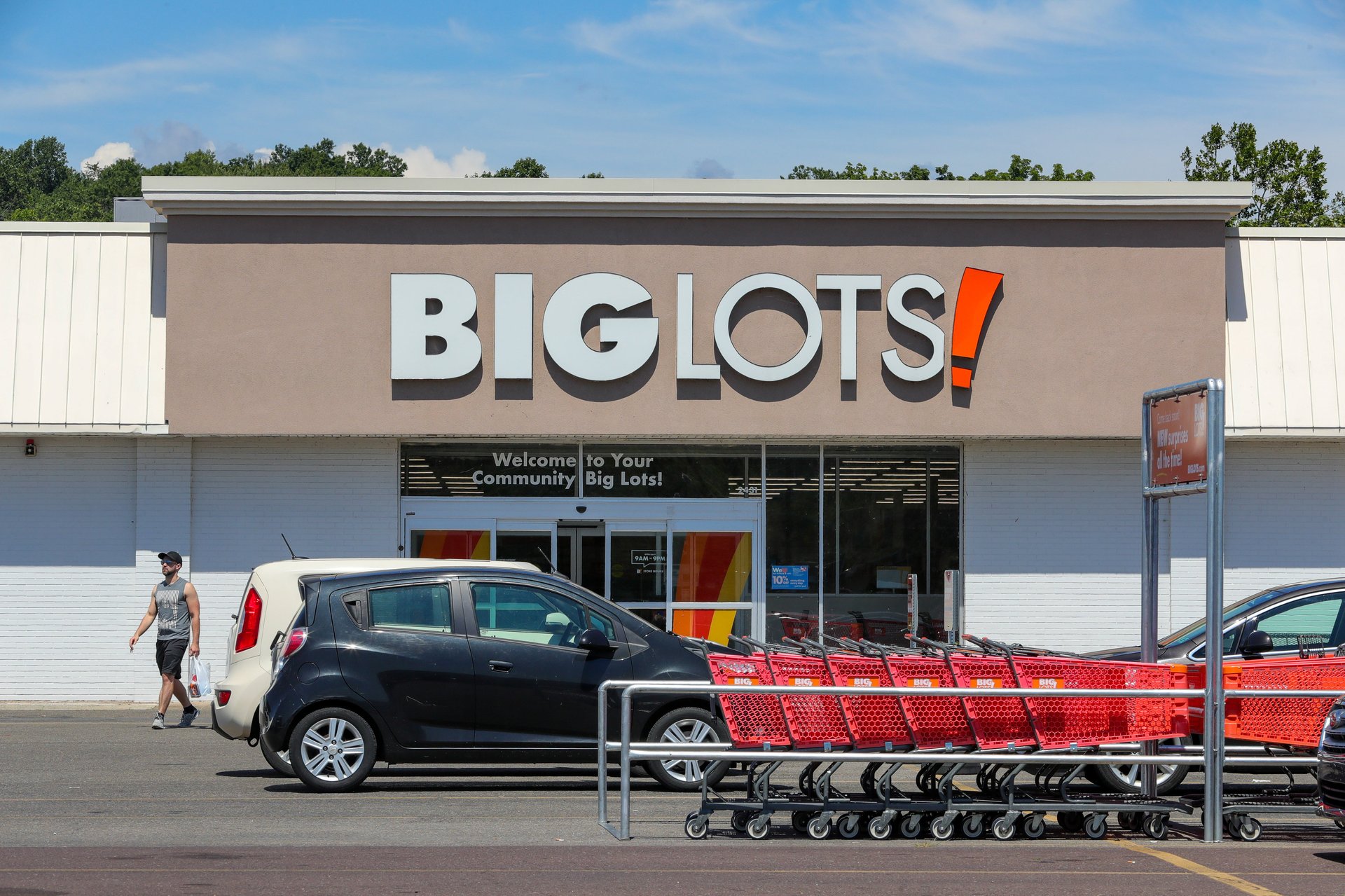Big Lots filed for bankruptcy as discount retailers are struggling
The retailer will continue to operate its stores and website

Big Lots (BIG), grappling with significant financial challenges and ongoing loses, has filed for Chapter 11 bankruptcy protection, the company said in a statement on Monday.
Suggested Reading
The Ohio-based discount retailer has agreed to sell its business to private equity firm Nexus Capital in a bid to restructure and achieve profitability by 2025. The sale, pending court approval, is expected to close in the fourth quarter of 2024.
Related Content
During the bankruptcy process, Big Lots will continue operating its stores and website. With nearly 1,400 stores and roughly 35,000 employees, the company plans to maintain employee wages and benefits, including payments to vendors.
The company has secured $707.5 million in interim financing, including $35 million in new funding from current lenders, to support its operations through the transition.
Bruce Thorn, CEO of Big Lots, said the bankruptcy filing will enable the company to “move forward” with new owners who believe in its business and who can provide it with necessary financial stability. Big Lots plans to optimize its store locations and improve its performance as it moves forward with new ownership, Thorn added.
“The Big Lots business has incredible potential and we are confident that its greatest days are ahead,” said Evan Glucoft, managing director of Nexus.
Since the pandemic, Big Lots has been working to improve its sales and profitability, but has struggled due to high inflation and interest rates, which have reduced spending on home and seasonal items among its core customers. Other home improvement giants like Home Depot and Lowe’s have also seen a slowdown in sales.
Big Lots’ filing highlights the broader struggles in the discount retail sector. Recently, Dollar Tree reported quarterly earnings in which it revealed that it was struggling to connect with “middle and upper-income” shoppers, and anticipated sales would further decline in the coming months.
But even so, there is a hopeful note in the retail industry. Red Lobster, a beloved brand that filed for bankruptcy protection earlier this year, is preparing to emerge from its financial troubles. The seafood chain now plans to operate 544 locations across 44 U.S. states and Canada, signaling that Chapter 11 can provide a path to recovery for a struggling company.